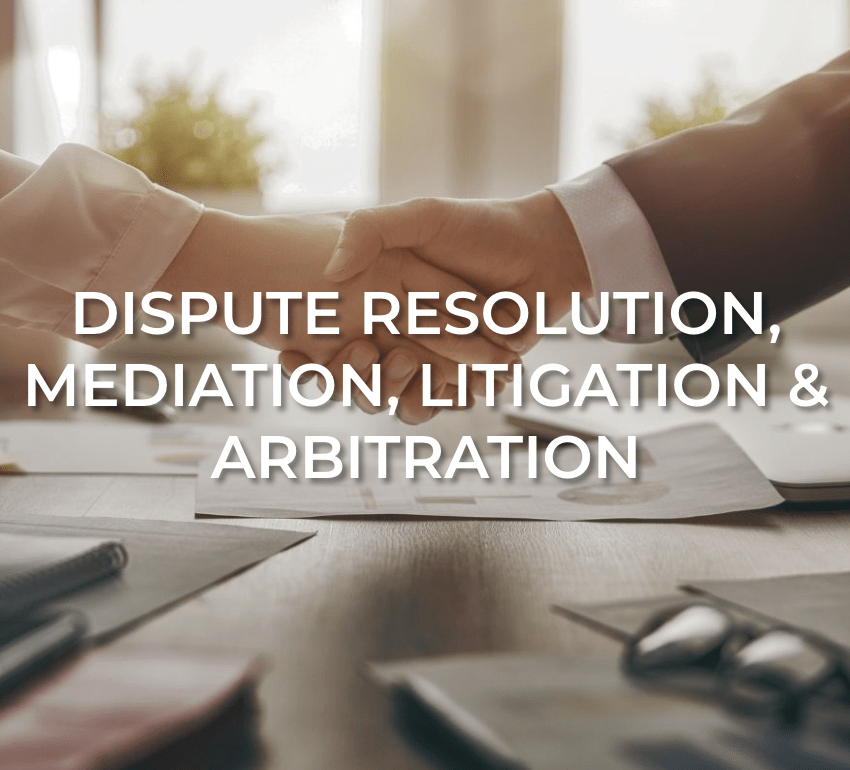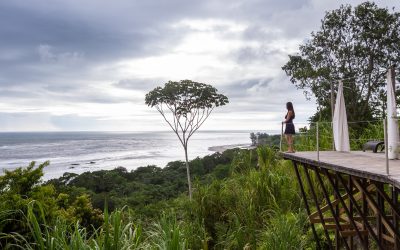

Understanding Squatters’ Civil Rights in Costa Rica: What Property Owners Need to Know
by Quatro Legal Real Estate Team | Sep. 30, 2024 | Article, Real Estate

One of the main concerns that foreigners have before or when investing in Costa Rica, is the squatter´s rights, as most of the time, owners are not in the country to monitor their properties.
In Costa Rica, squatters´ rights are obtained through “usucapión” or “prescripción adquisitiva”. This refers to the legal process where someone can claim ownership of land or property after possessing it for a certain period of time, under specific conditions. The principle behind this law is that someone who has continuously and visibly occupied land over a long period may gain legal ownership. However, the process is complex and involves several procedures and key stipulations.
The term known as “Usucapión” is the acquisition of ownership, property or other real right by means of continuous possession for the time and under the conditions determined by law. It is necessary for it to be a private property that can be commerce, to have fair title to be done in good faith; to exercise possession for lapse of time, as and owner would do, in a continuous, public, peaceful manner. In Costa Rica, the time of possession for usucapion is ten years or more.
As mentioned before, one of the requirements to gain rights over a property, is for the land to be private. Meaning that properties located withing the maritime land zone, and government or public land may not be acquired through this process.
For a squatter to claim ownership over a property several conditions and / or requirements need to be met:

1. Good Faith Possession:
This is when a squatter truly believes they have legitimate claim to the land. For example, that this person purchased tha property from someone who truly or falsely represented ownership.
2. Uninterrupted Possession:
The second requirement that needs to be met is for possession to be made continuously and without interference for a term of 10 years. If the rightful owner attempts to reclaim the land and the squatter is removed, this could interrupt the possession term.
3. Visible, Public, and Peaceful Possession:
The squatter must openly live on or use the land, making it clear that they are in control of it. Their possession must not be hidden or secretive.
4. Proof of Possession:
In order to make a claim under squatters’ rights, the individual must provide evidence of their continuous possession and use of the land. This could include improvements made to the property, taxes paid, or any other form of visible investment in the property.
If a squatter meets the criteria, the squatter can pursue a legal claim to ownership of the property. This requires going through a court process, often involving legal representation to obtain formal ruling on ownership.
In order with the above, our suggestions to protect your property from squatters are:

- Regularly monitor your property, it can be through a guard, a caretaker or a person of your trust, that pays continues visits to the property. It is important that if you hire a caretaker, an agreement must be signed between you as the owner and the caretaker so that he doesn´t gain rights on the property.
- Put a fence around the property and mark the boundaries and make sure the property stays clean and protected.
- Install security systems if possible, especially if your property is located far from the main city.
- Comply with your legal obligations, such as payment of property taxes, filing property tax declaration at least every five years, and if in a company, keep the company in good standing as these are things squatters look into prior to starting their occupation.
Dealing with squatters and caretakers can be complicated, therefore, always consult with a lawyer to advice you before entering into any kind of agreement or purchasing a property in Costa Rica.
For further inquiries or assistance with legal matters related to this matter, feel free to contact Maria Fernanda Baudrit at mbp@quatro.legal
Disclaimer: The information provided in this blog post is for general informational purposes only and is not intended to constitute legal advice. While we strive to ensure the accuracy and timeliness of the content, laws and regulations are subject to change. For the most accurate and up-to-date information, please contact our office directly. Some images may be AI generated.
Get To Know Quatro Legal

We’re bringing empathy and excellence back to legal counseling. Quatro Legal is built on a bedrock of kindness, a passion for service, and a commitment to guiding you through your legal challenges with ease.
OUR SERVICES
EXPLORE BY
category
REAL
ESTATE
CORPORATE
COSTA RICA
LIFESTYLE
LABOR & EMPLOYMENT
CLIENT
TESTIMONIALS
FREE TRADE
REGIME
All Rights Reserved 2023 | Privacy











